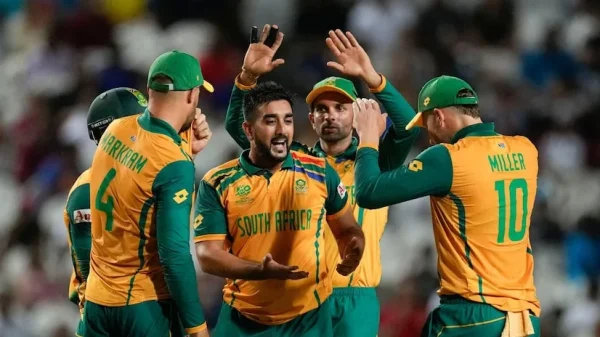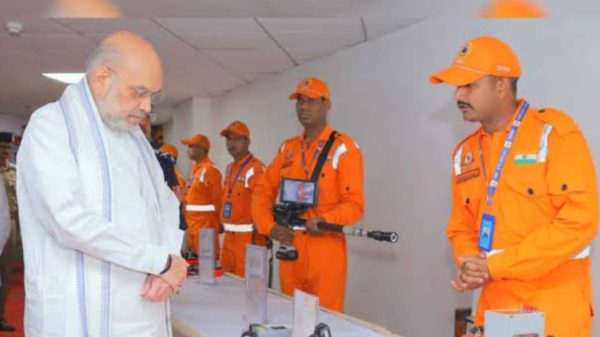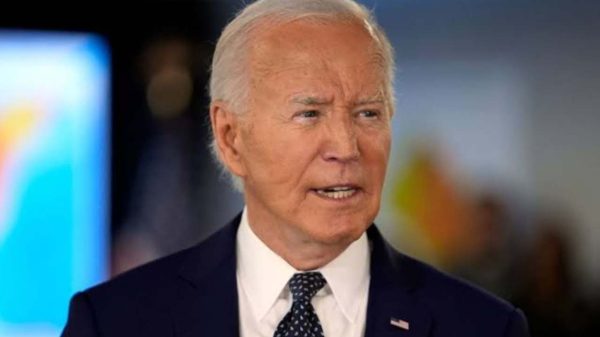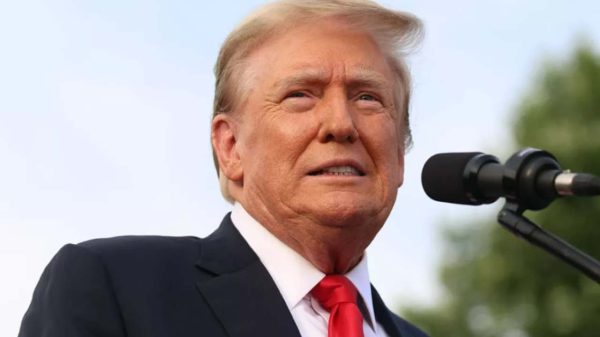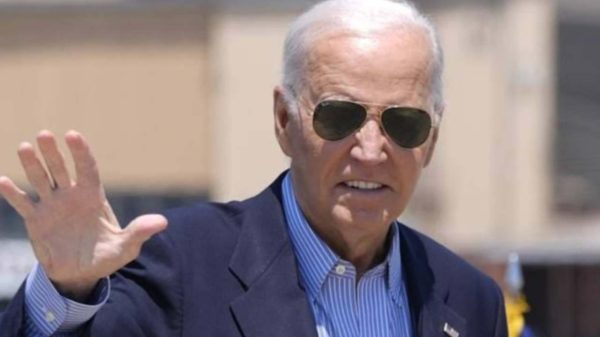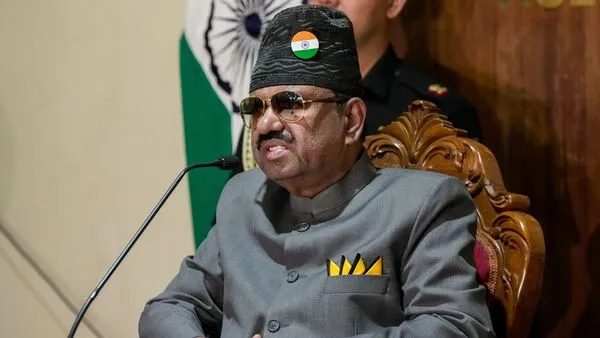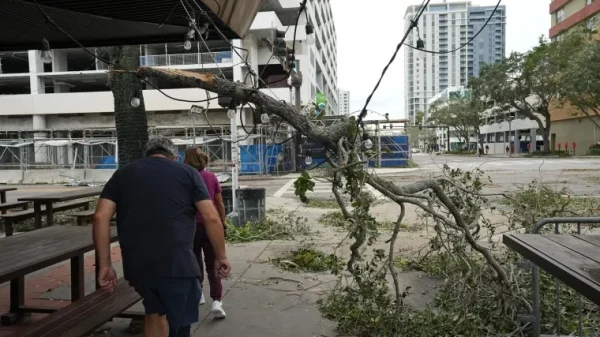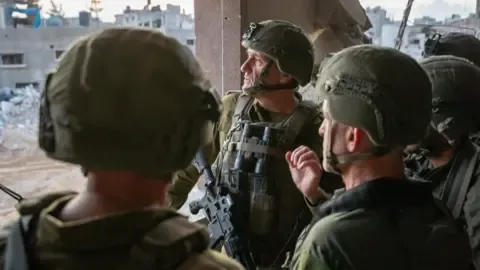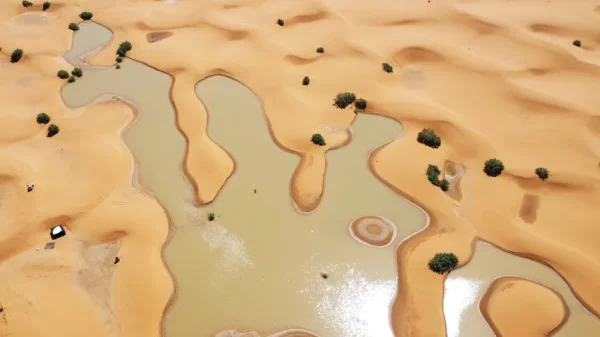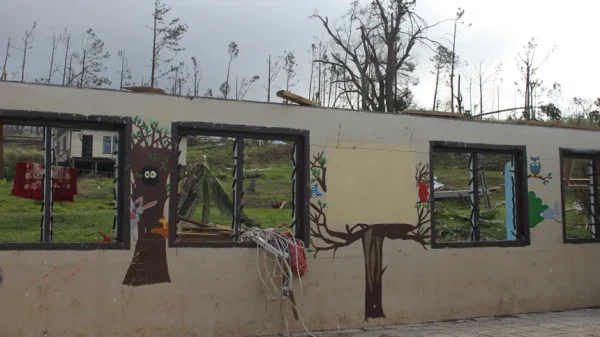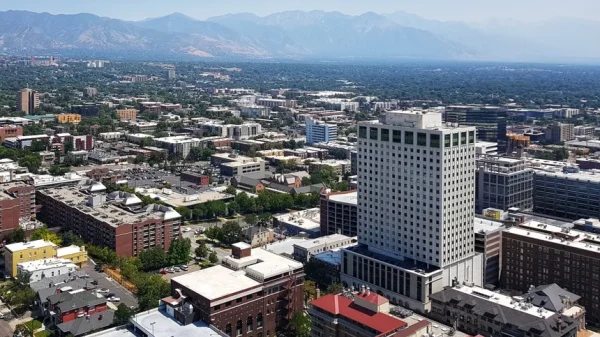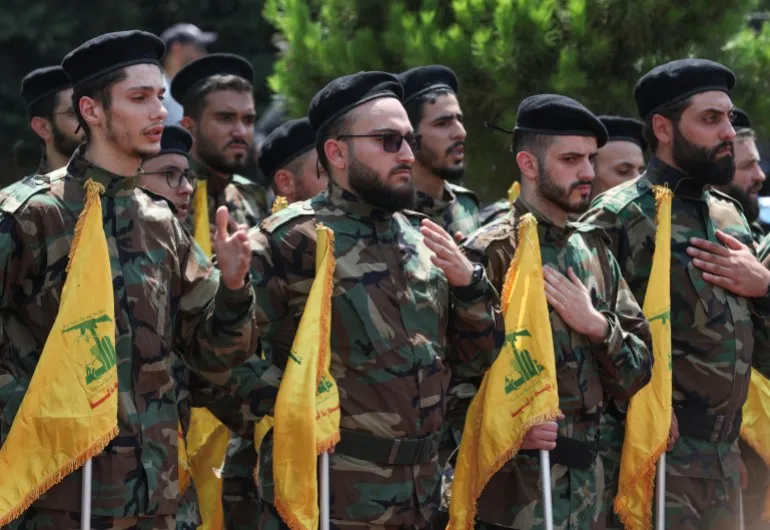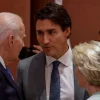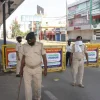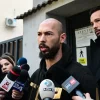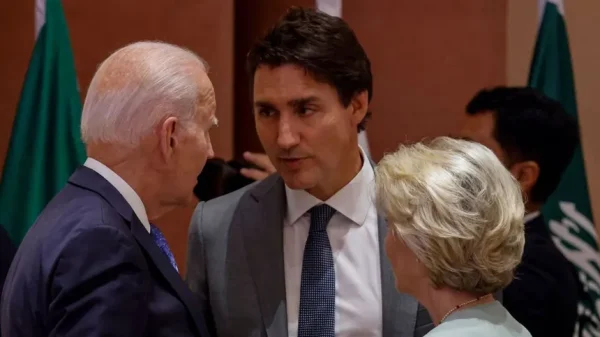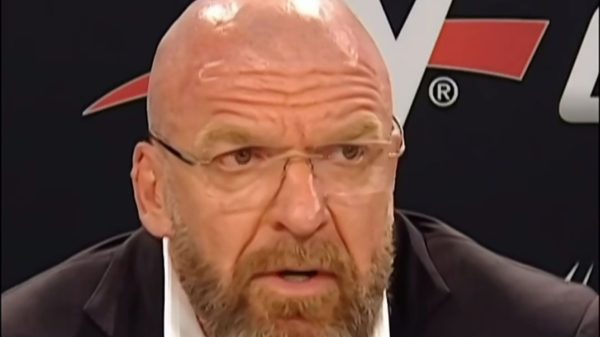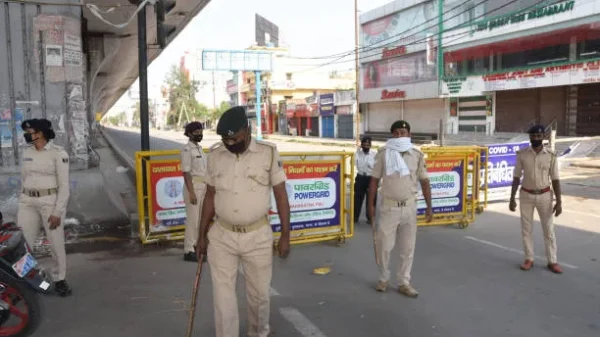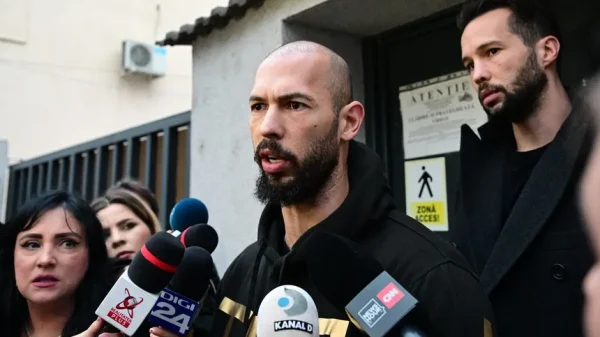The ongoing conflict between Israel and Hamas has sparked a surge in tensions across the Middle East, with the recent killing of a senior Hamas leader in Beirut serving as a catalyst for increased violence. Hizbullah, a Lebanese militia, fired dozens of rockets at northern Israel in response, warning that any neutralization of Hamas’s leadership would not go unpainfully. This move has raised concerns about the potential for a broader regional conflict, as the situation remains fraught with uncertainty.
As the war enters its 14th week, the humanitarian crisis in Gaza continues to worsen, with the Gaza Health Ministry reporting 22,722 fatalities, two-thirds of which are women and children. The numbers are staggering, with 58,166 people injured and countless others displaced, leaving many without access to basic necessities like food, water, and medical supplies. The international community has urged Israel to do more to prevent civilian casualties and has called for an immediate ceasefire, while also demanding the lifting of the decade-long blockade that has only exacerbated the crisis.
US Secretary of State Antony Blinken is now on a Middle East trip, aimed at preventing the conflict from spreading across the region, and has met with Turkish officials to discuss plans for post-war Gaza. The plan includes monetary or in-kind contributions to reconstruction efforts and participation in a proposed multinational force that could operate in or adjacent to the territory. Meanwhile, the armed wing of the Islamic Group in Lebanon has claimed responsibility for firing rockets at the Israeli city of Kiryat Shmona, resulting in the deaths of two group members.
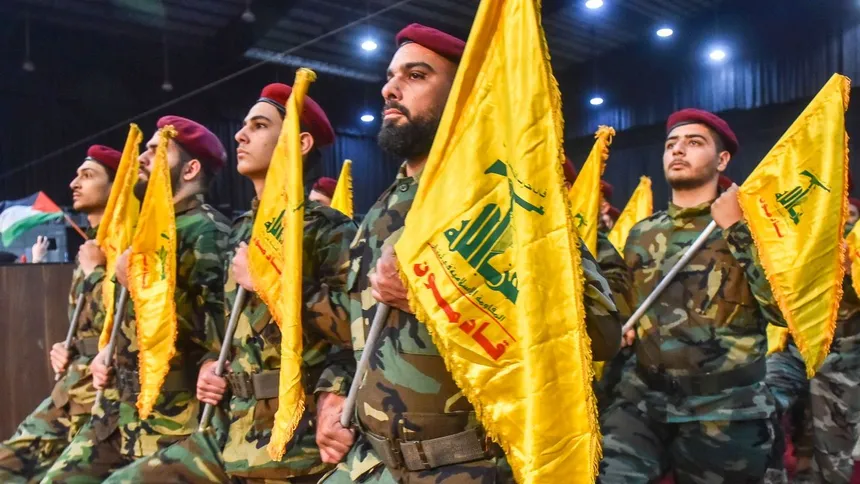
Lebanese militia
The situation is precarious, with the Lebanese public demanding a response to the killing of Saleh Arouri, the deputy political leader of Hamas’s ally. Hizbullah leader Sayyed Hassan Nasrallah has emphasized the need for retaliation, despite the risk of further escalating the conflict. The Israeli military has responded to the rocket attack by striking the cell responsible, but the location of the cell remains undisclosed.
The international community is squarely focused on finding a solution to the crisis, with many countries urging a ceasefire and the lifting of the blockade. The US has walked a fine line, urging Israel to do more to prevent civilian casualties while also providing military aid to the country. The stakes are high, and the situation in Gaza remains dire, with the population facing severe shortages and potential humanitarian disasters lurking around every corner.
The killing of Saleh Arouri has sent shockwaves across the region, and the response from Hizbullah was swift and deadly. The rocket attack serves as a stark reminder of the fragility of the situation and the need for a peaceful solution. Failure to do so will only lead to further bloodshed and devastation. As the war rages on, the international community must continue to urge a ceasefire and push for a resolution to the crisis, as the situation in Gaza hangs in the balance.
The armed conflict between Israel and Hamas has pushed the region to the brink, with tensions running high and the potential for a broader regional conflict looming large. The international community must take swift and decisive action to address the crisis, as the stakes are high and the consequences of inaction dire.


